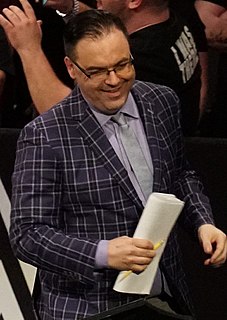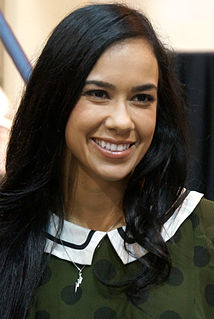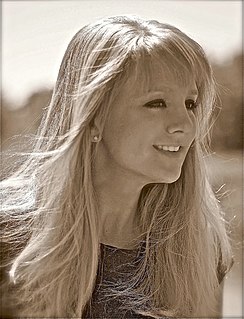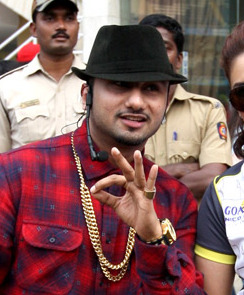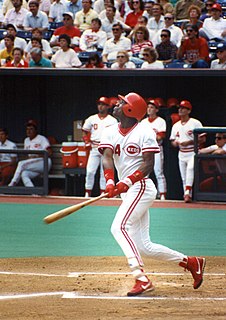A Quote by Mauro Ranallo
I was diagnosed with bipolar affective disorder at 19, which I thought would derail my career. Thankfully, I was able to get help and continue the path, and I think, for me, the buzzword is perseverance.
Related Quotes
I learned that I suffered from bipolar II disorder, a less serious variant of bipolar I, which was once known as manic depression. The information was naturally frightening; up to 1 in 5 people with bipolar disorder will commit suicide, and rates may even be higher for those suffering from bipolar II.
When I was diagnosed with bipolar disorder the year I turned 50, it was certainly a shock. But as a journalist, knowing a little bit about a lot of things, I didn't suffer the misconception that depression was all in my head or a mark of poor character. I knew it was a disease, and, like all diseases, was treatable.
For bipolar in adults, I think there's pretty good agreement about what this looks like. For bipolar in children, there is some considerable debate about where are the boundaries. At the mild end, are these just kids who are active? Is this the class clown at the very severe - is this something other than a mood disorder?
When I taught writing classes to psychiatric patients, I met people whose stories of manic highs and immobilizing lows appeared to be textbook descriptions of classic bipolar disorder. I met other patients who had been diagnosed with myriad disorders. No doctor seemed to agree about what they actually suffered from.
